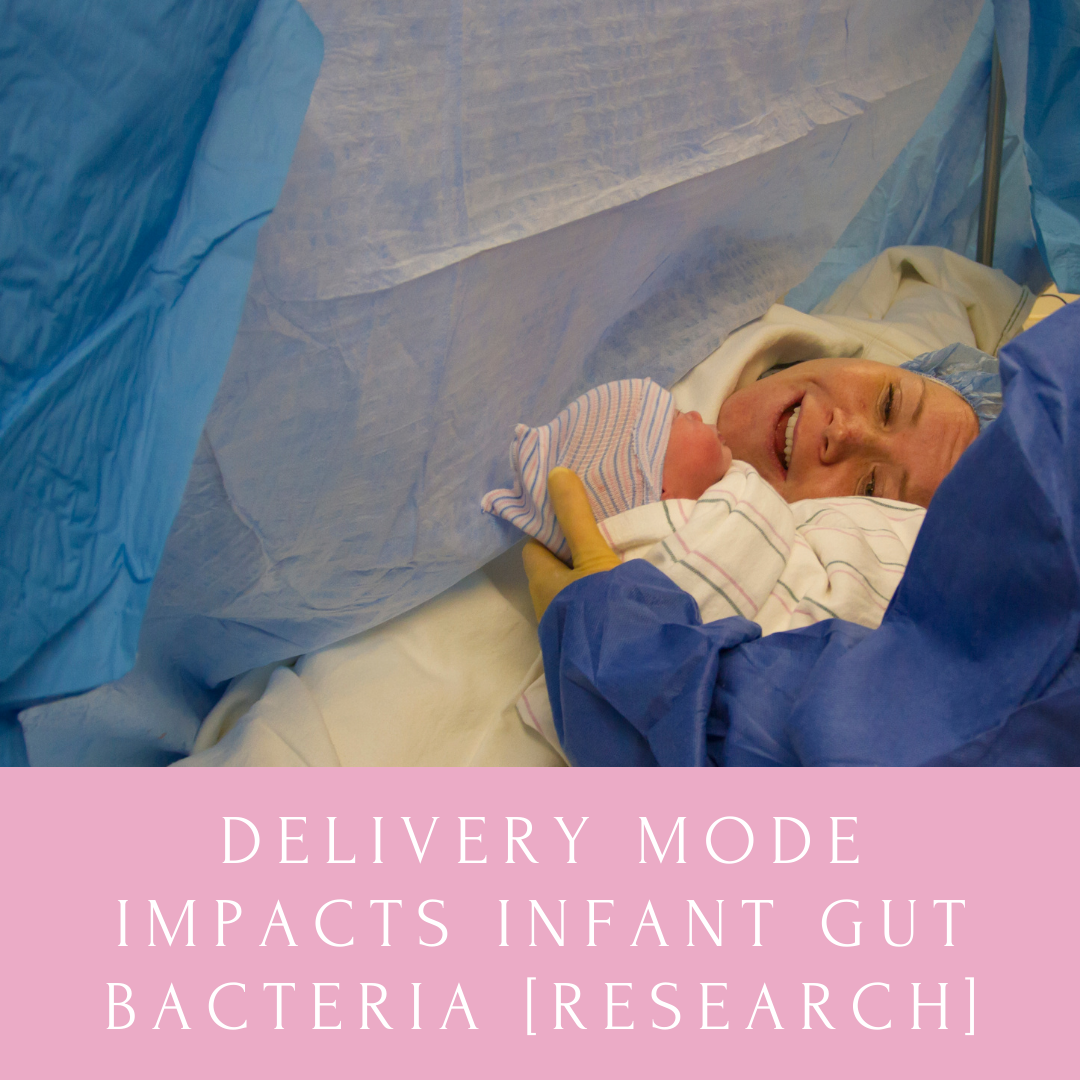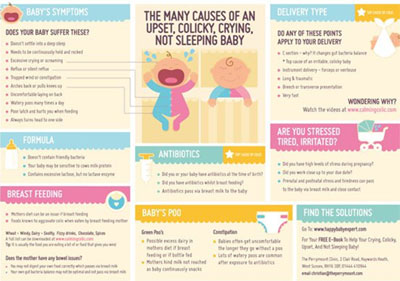Why scientists don’t help with practical parenting advice! Help for eczema and asthma in children.
If there is something I hope I am good at it is putting health advice across in an easy to understand way. I do this with all my patients; osteopathic, nutritional and to parents with newborn babies. I think I am getting better at this too with the release of Calming Colic – How to help the 10 causes of colic the reason being that my “thing” with this book is looking at scientific research and converting the conclusions the scientists have found into something practical and useful for babies and parents. So the question to myself when I look at research is; what does this mean and how can I use it to improve babies health?
The research I have posted below is an absolute classic and it took me a few reads to understand it. The research aims to find if atopic dermatitis (eczema) in babies is related to different types of fat in the mothers breast milk. The scientists looked at mothers who had eczema and asthma and compared it to mothers who didn’t. They looked at the omega 3 and omega 6 fats in the breast milk.
The quick background on these fats is that they are called polyunsaturated fatty acids (PUFA) and most people know that omega 3 fats are high in fish which is why fish are heart friendly. In general we all eat too many omega 6 fats as these are in vegetable oils that are found in cakes etc. and our diets have naturally declined in omega 3 fats. As a general rule then we probably need to increase our omega 3 intake and lower omega 6 intake. As a side note I am a fan of saturated fat, butter and coconut oil above these PUFA.
Let’s look at the results of the research. The breast milk of the mothers who had eczema and asthma etc had higher levels of omega 6 fats and lower levels of omega 3 when compared to mothers who didn’t have eczema or asthma. Yes! Great research and great observation in the results.
But hold on…. What’s this in the conclusion of the study “our data do not support the possibility that the fatty acid composition of breast milk is affected by atopic dermatitis or atopy in general”
Strange, they are now saying that this difference in omega 3 and 6 is not a naturally occurring difference in the mothers milk and that the mothers with eczema and asthma don’t have a difference.
Let’s look at the rest of the study and more of the conclusion. The scientists also looked at the mothers diets and then took these into account too. The other half of the conclusion states “because most differences in breast-milk PUFA composition appear to be explained by the diet”.
This means that the differences in fats in the mothers milk were casued by the mothers diet. But that’s it, they left the research there! That’s their conclusion. Hello! They have missed something so important. So here is my conclusion of their study:
The breast milk of the mothers with asthma and eczema had high omega 6 and low omega 3 because of their diet! Now thats something to learn from. So the eczema and asthma wasn’t completely “genetic” there is a tangible cause behind it, the mother diet.
Let’s go a step further, in mothers with eczema and asthma they should be looking at their diets and decreasing omega 6 foods and increasing omega 3 foods. There is also the indication that supplementing the mother with a high quality omega 3, like Eskimo 3 from Nutri will be beneficial.
I think this proves nicely that research can be so helpful to improving our health. But there is a big difference between someone actually working with patients and babies compared to a scientist in a lab. To be fair these scientists aren’t looking for a conclusion that will help a mother with her diet, they are looking at a very specific outcome. But if someone can interpret their results and make them useful then all the better! This is what I have done throughout me book Calming Colic. To learn more please visit
www.calmingcolic.com
Calming Colic is also available to buy on Kindle.
Fatty acid composition of human milk in atopic Danish mothers.
Lauritzen L, Halkjaer LB, Mikkelsen TB, Olsen SF, Michaelsen KF, Loland L, Bisgaard H.
Source
Department of Human Nutrition, Center for Advanced Food Studies, The Royal Veterinary and Agricultural University, Frederiksberg, Denmark. ll@kvl.d Am J Clin Nutr. 2006 Jul;84(1):190-6.
Abstract
BACKGROUND:
Atopic dermatitis has been related to a disturbed metabolism of polyunsaturated fatty acids (PUFAs).
OBJECTIVE:
We tested whether the PUFA composition of breast milk differs significantly between mothers with atopic dermatitis, mothers with other types of atopy, and nonatopic mothers. We also investigated whether differences in diet can explain possible observed differences.
DESIGN:
Mothers with current or previous asthma (n = 396) were divided into 3 groups according to history of atopic dermatitis and allergic rhinitis. Breast-milk samples were collected from 314 women approximately 3 wk after delivery. The habitual diet of the women was assessed with food-frequency questionnaires in the 25th week of gestation (n = 207). Breast-milk samples and simultaneous dietary data from 14 nonatopic mothers were used for comparison.
RESULTS:
Compared with the milk of nonatopic mothers, that of atopic mothers had significantly higher concentrations of 22:5n-6 and lower concentrations of 20:5n-3; moreover, 20:4n-6/20:5n-3, 22:5n-6/22:6n-3, and long-chain n-3 PUFA/18:3n-3 were shifted toward n-6 PUFA and 18:3n-3 in nonatopic and atopic mothers, respectively. No differences in breast-milk PUFA composition were evident between the subject groups. The diets of the groups differed only slightly with respect to protein intake. However, the PUFA composition of the breast milk was associated with diet and time of milk sampling, and the above difference in milk PUFAs disappeared when those factors were taken into account.
CONCLUSION:
Our data do not support the possibility that the fatty acid composition of breast milk is affected by atopic dermatitis or atopy in general, because most differences in breast-milk PUFA composition appear to be explained by the diet.







No Comments